Highlights
- Jennifer Sadler and her students from the University of Mississippi visited Wiki Education’s San Francisco office in July. During their visit, the students learned what it means to work for a mission-driven non-profit in the San Francisco Bay Area. It was a great opportunity for staff to share their professional paths and contextualize the work we do at Wiki Education within the larger Bay Area professional framework.
- Wiki Education is proud to announce a new partnership with the Deep Carbon Observatory Engagement Team (DCO). DCO has worked with Wiki Education over the past few years, and now Wiki Education will train qualified DCO members to add information to Wikipedia about the quantities, movements, forms, and origins of carbon inside Earth.
- We featured two profiles of students in our Classroom Program this month. Haleigh just completed a Wikipedia assignment in a University of California, San Diego course this last term and is continuing to edit! We also caught up with Elysia, who first started editing Wikipedia in a Wiki Education-supported course in 2017 and has become a full-fledged Wikipedian since then. Both testimonials show the power that engaging with Wikipedia can have in inspiring continuing passion in students.
- Brown University’s Visiting Scholar, Owlsmcgee, nominated his article Algorithmic bias for Good Article status in July. After a thorough review, it has been awarded that status and is now a candidate for Featured Article. Brown University and Owlsmcgee have both been happy with the partnership and here’s evidence that it’s leading to great work!
- We announced three new cohorts of subject-matter experts in our Wikipedia Fellows program on our blog here and here. As of this month, we are supporting six cohorts of Fellows who are learning how to bring their knowledge to Wikipedia. They are already making progress and are excited about the prospect of improving public knowledge of their disciplines.
Programs
Educational Partnerships
Wiki Education is proud to announce a new partnership with the Deep Carbon Observatory Engagement Team (DCO). DCO has worked with Wiki Education over the past few years, and now Wiki Education will train qualified DCO members to add information to Wikipedia about the quantities, movements, forms, and origins of carbon inside Earth.
Outreach Manager Samantha Weald has spent the month working with instructors who wish to assign students to write Wikipedia articles and haven’t done so before. Samantha works closely with first-time instructors in our program, advising on their curriculum, showcasing Wiki Education’s tools and available support, and making sure they’re ready to take the assignment into the classroom.
Classroom Program
Status of the Classroom Program for Summer 2018 in numbers, as of July 31:
- 26 courses were in progress (17, or 65%, were led by returning instructors)
- 448 student editors were enrolled
- 53% were up-to-date with their training modules
- Students edited 308 articles, created 23 new entries, and added 250,000 words
Though the summer is largely a quiet time for student editing, it’s worth pointing out that just four years ago, 26 classes made up more than 25% of all the courses we supported in a given term. For reference, we supported 400 courses in Spring 2018 where 26 courses made up roughly 6.5% of our total. This is a true testament to the rapid growth of the Classroom Program and our ability to confidently and competently support instructors and students.
Though things are quiet on the Wikipedia front, the Classroom Program team is busy behind the scenes preparing for the Fall 2018 term. We’re reaching out to returning and new instructors, approving course pages, and making sure that people know about our newly updated course Timeline. We’re looking forward to another successful term marked by quality work and student engagement.
Student work highlights:
While some may associate Denmark with certain Shakespearean princes and statues of little mermaids, students at the University of Wisconsin, Madison in Ethelene Whitmore’s class on The Transnational Experiences of African Americans in Denmark focused on broader histories in their Wikipedia editing. Students sought to expand the site’s coverage of African Americans who traveled to, worked, and lived in Denmark. One such person was Ronald D. Palmer, who served as the United States Ambassador to Togo (1976–78), Malaysia (1981–83), and Mauritius (1986–89). A highly intelligent man, Palmer spoke three languages aside from his native English and was a Fulbright Scholar. His time spent in the Foreign Service Officer Class and as a Cultural Affairs Officer in Copenhagen helped prepare him for his future role as an Ambassador under Gerald Ford and Ronald Reagan.
History can be a fragile thing; if efforts are not made to remember the entirety of a person or event, it becomes easy to lionize an individual and gloss over details of their life, keeping only the palatable portions. Omitting elements of history in retellings is unacceptable, as it keeps us from learning and growing from the past. Students in Gerald Lucas’s Middle Georgia State University class on Writing for Digital Media covered a variety of topics, one of which was the suffragist, politician, and Senator for a day Rebecca Latimer Felton. Governor Thomas W. Hardwick argued for Felton to assume temporary control of the position of the United States Senator of Georgia after the the untimely death of the prior Senator. Hardwick chose Felton as a way to appeal to women voters that he had alienated by his opposition to the 19th Amendment and because she would not be competing in the special election for the empty seat, in which Hardwick would be competing. Although Hardwick lost the election to Walter F. George, the victor still allowed Felton to be sworn in as he also hoped that this would raise his standing with women voters. While her success has been seen as a step forward for women in politics, it is important to remember that Felton was also an avowed white supremacist. Even as she argued for the equal treatment of women, Felton argued against giving people of color the right to vote, claiming that it would lead to the rape of white women. Felton also spoke in favor of the cruel torture and execution via lynching of Sam Hose, an African American man who was falsely accused of raping a white woman. It’s important that students review articles to ensure that they are well rounded and accurate, including the full story of Felton’s work and ideals.
BOOM! Regardless of the location, just about every continent has had the sound of a cannon firing ringing out over its lands. Still used today and more commonly referred to by the terms guns or artillery, cannons have long been used in both warfare and ceremony. One University of California Santa Cruz student in Minghui Hu’s course on the World History of Science found the subject of cannons to be too tempting a topic to pass up. Even though the article was already at Featured Article status, which marks it as one of the best that Wikipedia has to offer, this student found a way to expand it to include information on how cannons were used for both defensive and offensive maneuvers during warfare.
A picture is worth a thousand words, as the saying goes. And when placed correctly in a Wikipedia article, they can break up a page’s monotony and add additional information that words cannot express on their own. Another student in Minghui Hu’s World History of Science course uploaded an image of Joseph Needham, a British biochemist, historian and sinologist, surrounded by Chinese history and science scholars. A well respected scientist, Needham wrote the influential book series Science and Civilisation in China, which is credited as being the first of its kind to praise Chinese scientific contributions and provide their history and connection to global knowledge in contrast to eurocentric historiography.
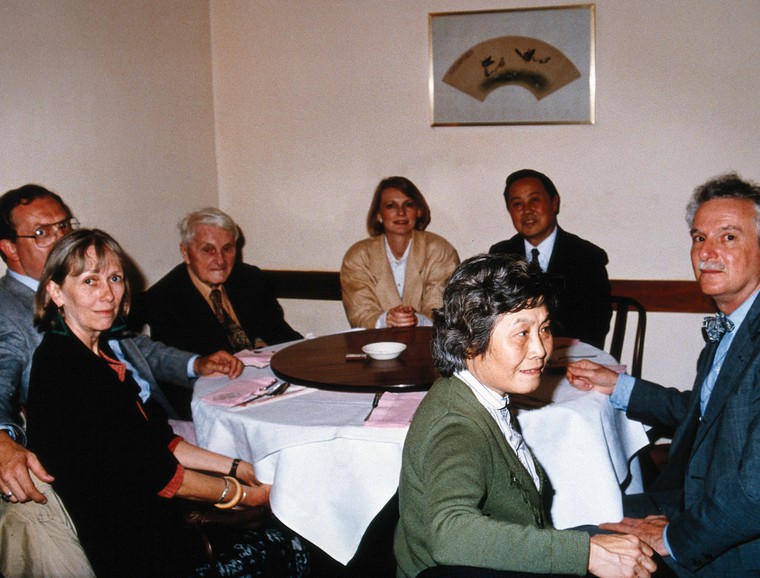
Image: File:Joseph Needham with Chinese History and Sciences scholars, 1988.jpg,
Welcome Collection, CC BY-SA 4.0, via Wikimedia Commons.
A student in another class, one held by Clackamas Community College professor Nicole Rosevear on English Composition, uploaded an image that depicts the Oakeshott typology. This typology was created by historian and illustrator Ewart Oakeshott as a way to define and catalogue the medieval sword based on physical form. The image in question shows a snippet of the Alphonso psalter, accompanied by a depiction of a soldier wielding a sword against his foe.
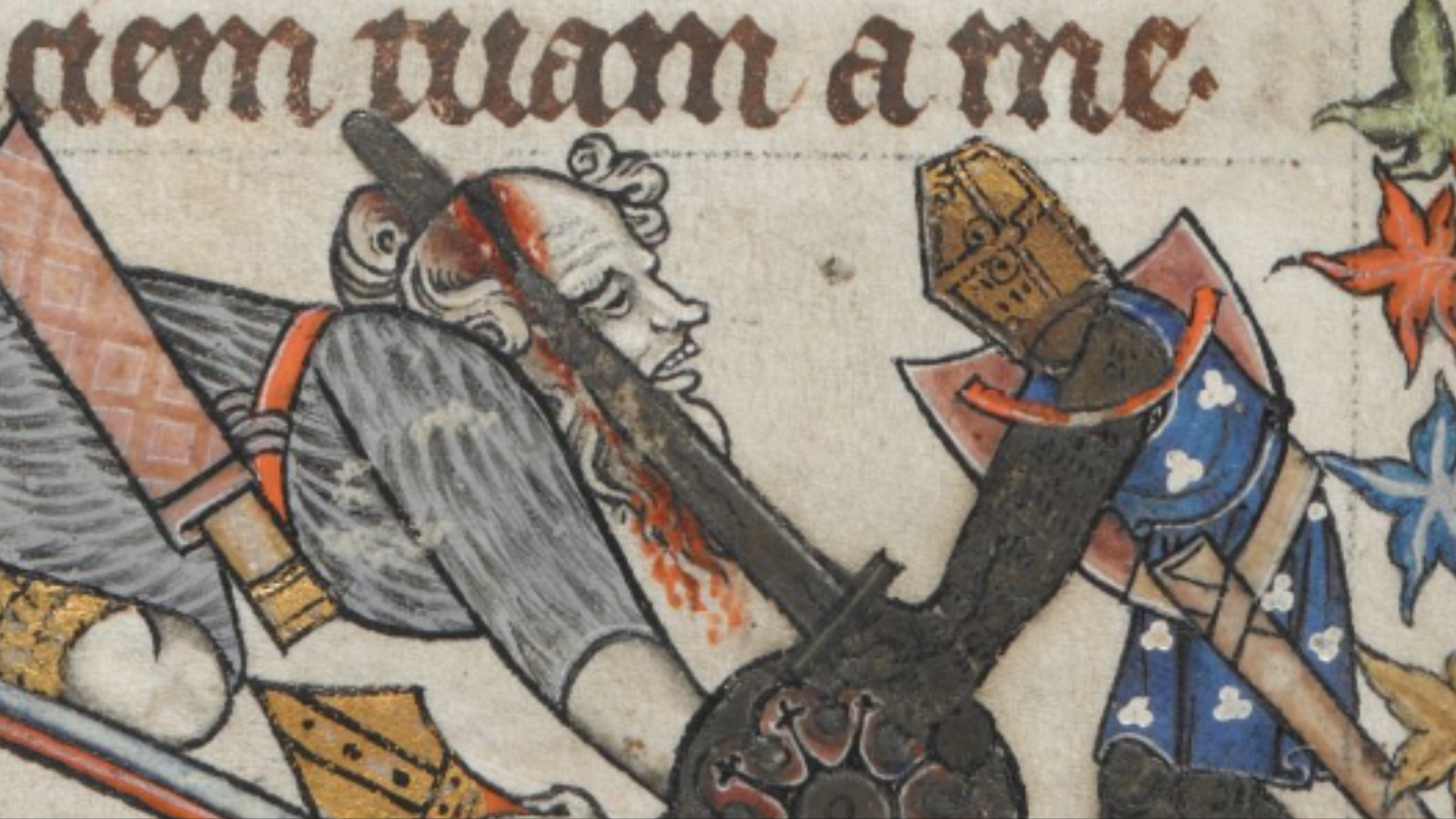
Image: File:Depiction of Oakeshott Type XIII from the Tenison (Alphonso) psalter.png,
The Alphonso Psalter, CE 1284, CC BY-SA 4.0, via Wikimedia Commons.
Community Engagement
Visiting Scholars
Our Visiting Scholars have been hard at work adding references, new sections, removing content, retitling, and providing substantial edits to many articles this past month. Here are a few:
- Rosie: Alice May Douglas, Bessie Alexander Ficklen, Lou Singletary Bedford, Adelia Cleopatra Graves, Susan Marr Spalding, Eudora Stone Bumstead, Harriet McEwen Kimball, Frances Elizabeth Barrow, Alice Emma Ives, Louise Markscheffel, Louisa Caroline Huggins Tuthill
- Wehwalt: Gilbert du Motier, Marquis de Lafayette, Disco Demolition Night, Statue of Liberty (a Featured Article)
- Gen. Quon: Centro Vergilianus de laudibus Christ Centro, Tin Hinan Tomb and Tin Hinan, Silkville, Kansas, Hortensius (Cicero), Lawrence, Kansas
- RockMagnetist: Fermentation
- Czar: Social ecology disambiguation, Murray Bookchin, Symmetra
Brown University’s Visiting Scholar, Owlsmcgee, nominated his article Algorithmic bias for Good Article status in July. After a thorough review, it has been awarded that status and is now a candidate for Featured Article.
There were also some great photos that Visiting Scholars uploaded to Commons this month.
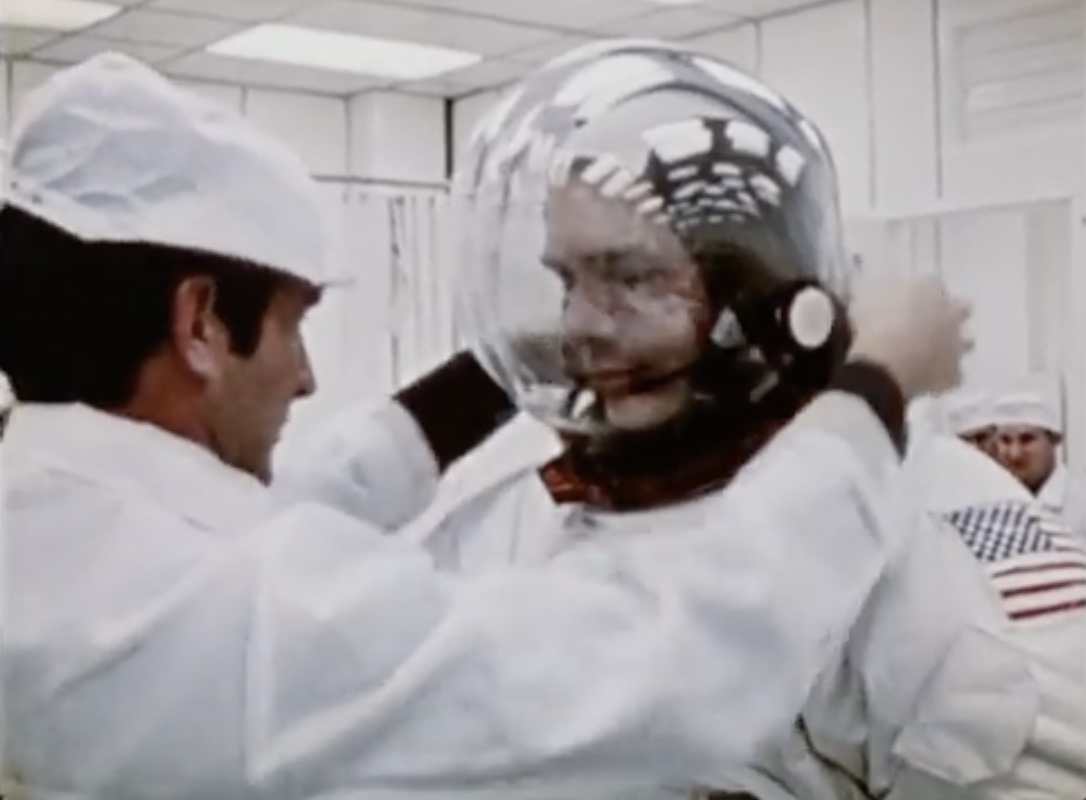
Image: File:Dave Scott in space suit.jpg, NASA, public domain, via Wikimedia Commons.
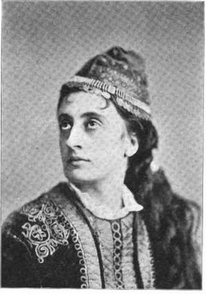
Image: File:Mary Frances Scott-Siddons as “Rosalind”.png, public domain, via Wikimedia Commons.
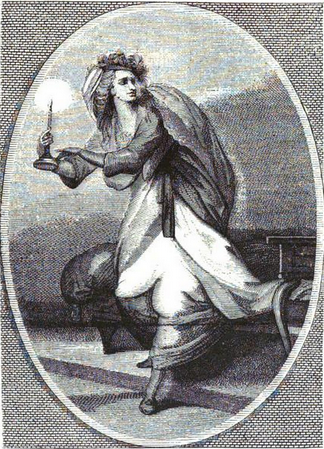
Image: File:Mary Frances Scott-Siddons as “Lady Macbeth”.png, public domain, via Wikimedia Commons.
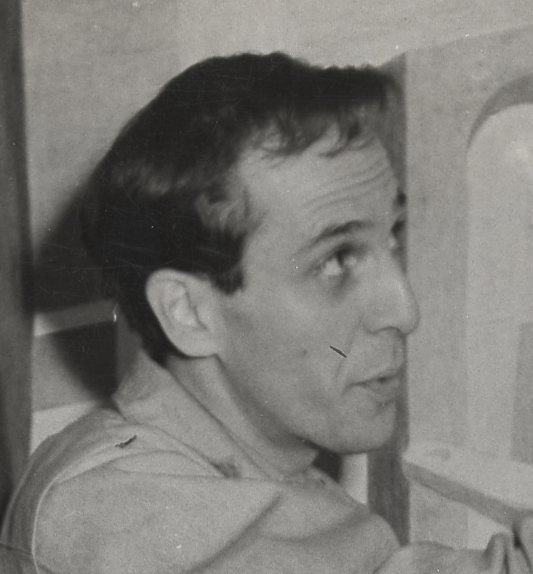
Image: File:Philip Guston at a mural.jpg, public domain, via Wikimedia Commons.
Program Support
Communications
We featured two profiles of students in our Classroom Program this month. Haleigh just completed a Wikipedia assignment in a University of California, San Diego course this last term and is continuing to edit! We also caught up with Elysia, who first started editing Wikipedia in a Wiki Education-supported course in 2017 and has become a full-fledged Wikipedian since then. Both testimonials show the power that engaging with Wikipedia can have in inspiring passion in students.
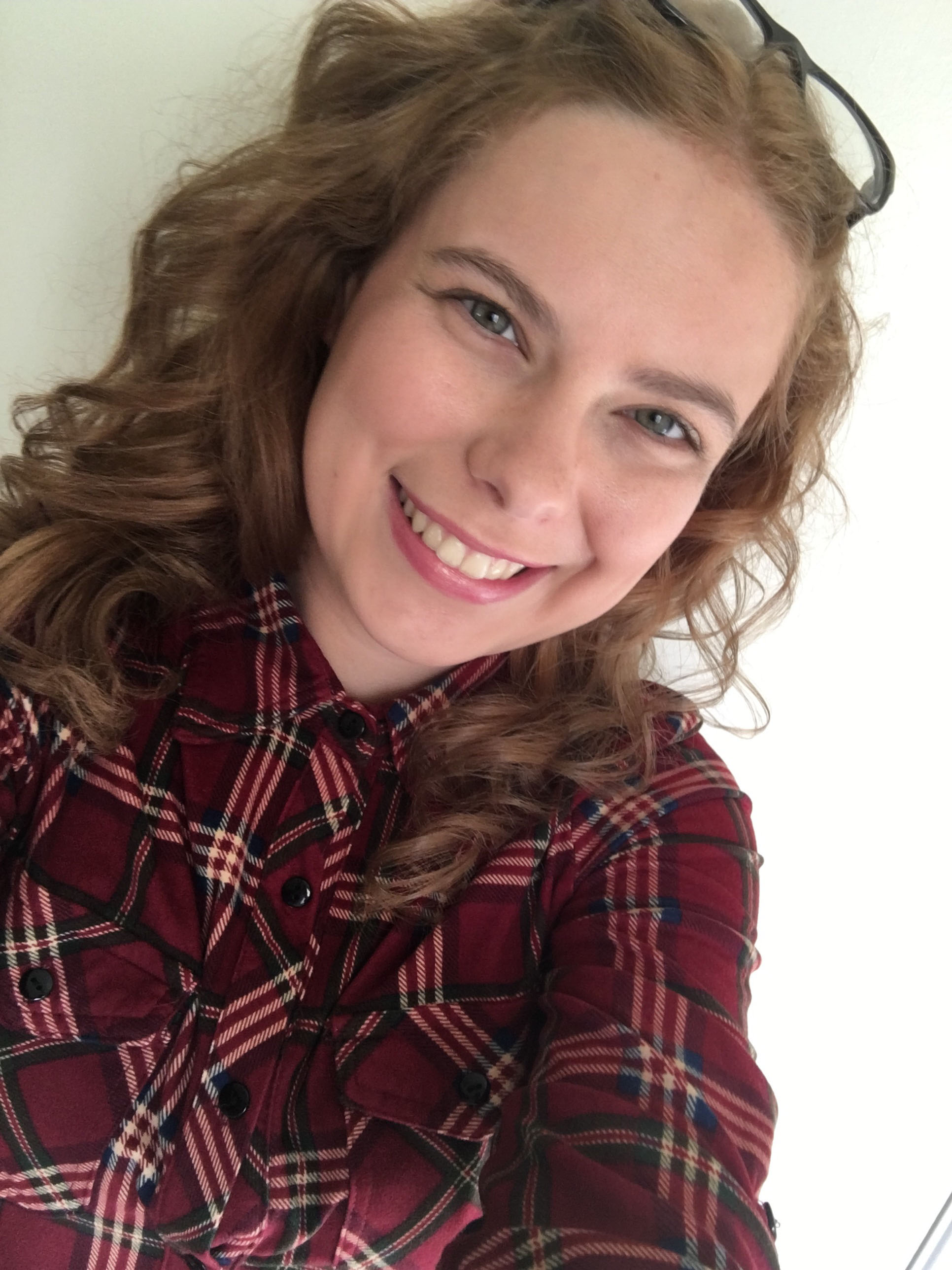
Image: File:Haleigh Marcello headshot.jpg, Hemarcello,
CC BY-SA 4.0, via Wikimedia Commons.
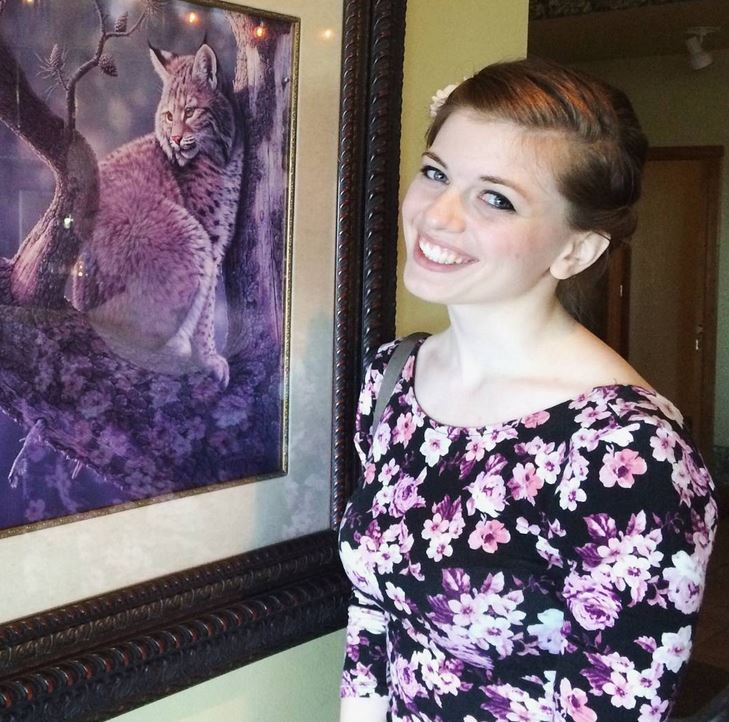
Image: File:Elysia Webb headshot.jpg, Enwebb, CC BY-SA 4.0, via Wikimedia Commons.
We’ve been hard at work updating the Dashboard Timeline over the last few months and announced finalized features in July. The Timeline presents week-by-week assignments and trainings that we suggest for conducting a successful Wikipedia assignment with students. Given feedback from current instructors that the Timeline could be overwhelming for students, we’ve cut down on the words in any given week and implemented other essential updates. See our announcement blog post for more details.
Blog posts:
- Students write about science for a worldwide audience (July 2)
- Looking back as we move forward (July 3)
- University students are collaborating with UNESCO on Wikipedia (July 6)
- Announcing new features on the Dashboard Timeline (July 9)
- Improving equity on Wikipedia in a student-centered assignment (July 10)
- Understanding borderlands in a global context on Wikipedia (July 12)
- Natural-born Wikipedian got her start in a Wiki Education-supported course (July 13)
- An assignment that inspires students beyond the classroom (July 18)
- Science experts learn how to bring their knowledge to Wikipedia (July 23)
- Monthly Report, April 2018 (July 25)
- Interdisciplinary scholars are bringing their expertise to Wikipedia (July 26)
- Using Wikipedia in the college composition classroom (July 27)
- Teaching students to contribute to Wikipedia (July 31)
External media:
- Some Colleges Cautiously Embrace Wikipedia, Megan Zahneis, The Chronicle of Higher Education, (July 19)
- Higher ed and Wikipedia go great together, Cory Doctorow, boingboing, (July 23)
- Wikipedia as Public Sociology: It’s Not What You Think. Anahita, S., Ramirez, M., and Zopf, B. ASA Footnotes, Volume 46, Issue 3. (July).
- Expanding and Improving Occupational Safety and Health Content in Wikipedia. It Matters. Max Lum, Thais C. Morata, James Hare, and John P. Sadowski. The National Institute for Occupational Safety and Health (NIOSH). (July 23, 2018)
- The Powerhouse: Students’ contributions towards expanding and improving occupational safety and health content in Wikipedia. Thais C. Morata, Max Lum, John Sadowski, Tania Carreón-Valencia, Deanna Meinke, Emily Wakefield, Diana Ceballos, and Mary Beth Genter. The National Institute for Occupational Safety and Health (NIOSH). (July 30, 2018)
Technology
This month, Outreachy and Google Summer of Code interns Urvashi Verma and Pratyush Singhal continued refining their respective work on the Dashboard’s Uploads tab and the Article Finder, ahead of wrapping up their projects in early August. Both of them have done outstanding work so far, leaving their projects in good shape for wide use in upcoming Fall courses.
We signed a contract with Wikimedia Foundation to support Wiki Education’s continued maintenance of Programs & Events Dashboard over the next year, which will be especially critical for global Wikipedia Education Programs, as the deprecated Education Program MediaWiki extension is soon to be disabled on all wikis.
Director of Technology Sage Ross fixed multiple bugs and performance issues, including a critical problem that had been blocking updates for a few long-running events on Programs & Events Dashboard. Sage also completed an upgrade of the Dashboard’s what-you-see-is-what-you-get editor for course Timelines, which will allow much more flexibility for copying content across documents and ensure compatibility with our updated course Timeline templates.
Finance & Administration / Fundraising
Finance & Administration
Overall, the total expenses in July were $137,700, $50,000 less than was budgeted. We’ve been deliberately holding off on some non-critical spending due to the timing of grant disbursements. The biggest portion of this is in Programs which is under by $36K. Of that, $18K was slated to prepay for conferences and printed materials. These payments have been pushed back a month. $10K is a temporary reduction in personnel costs mostly due to a maternity leave. And $8K is an adjustment to vacation expense.
As we’ve decided to merge our next all-staff with the upcoming Wiki Conference North America in Columbus, Ohio, we’ll expect the spending for the all-staff to hit our account in August and September instead of July and August. This will delay the spending of the first $9K for the all-staff by one month. The remaining $5K difference can be attributed to indirect costs that were lower than anticipated for the month. We expect these to even out in the next one to two months.
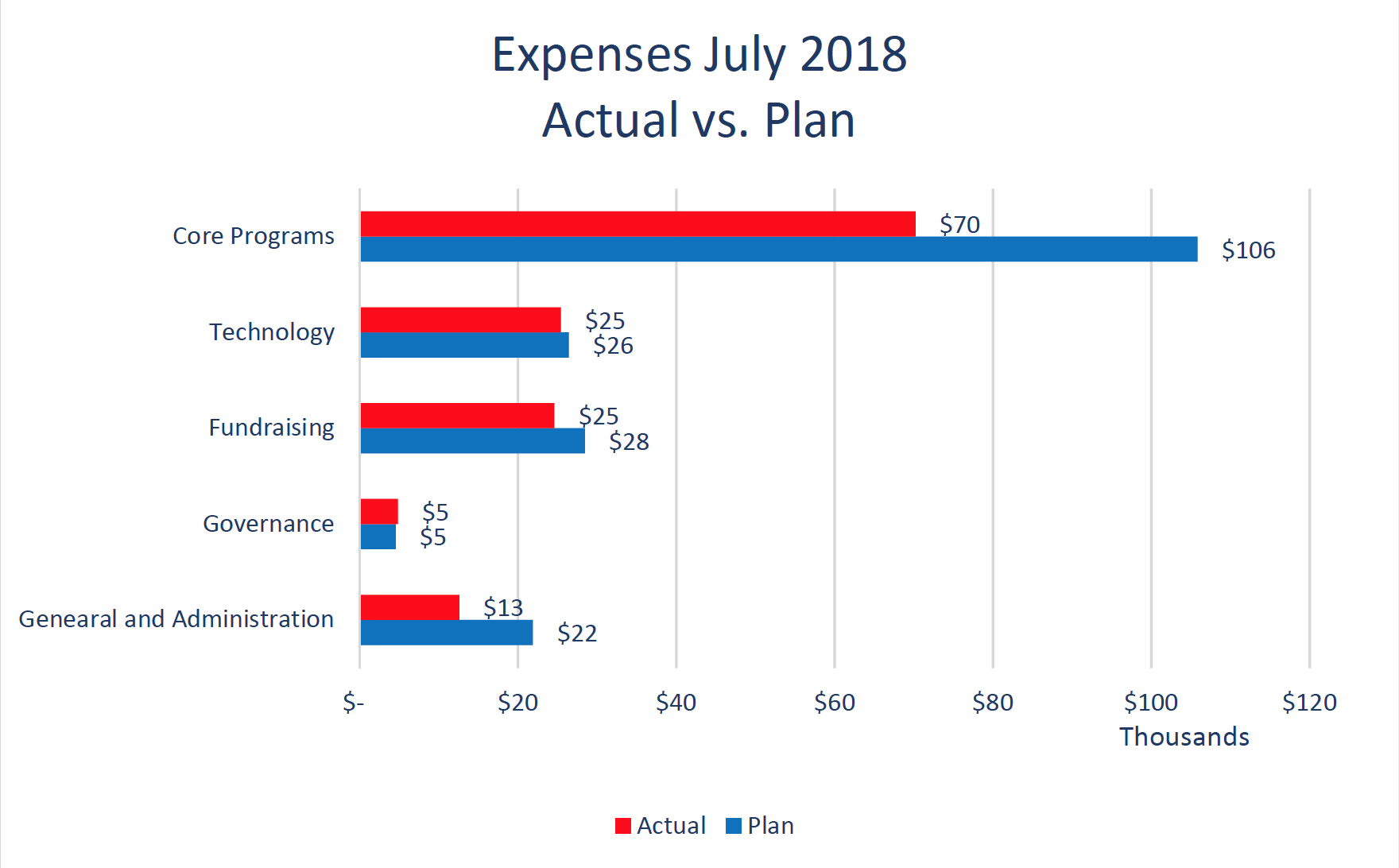
Fundraising
In July, Wiki Education received a generous donation of $5,000 from the Macmillan Corporation. We also received an invitation to submit a proposal for a General Operating Support grant of $425,000 from the William and Flora Hewlett Foundation. In mid-July, we submitted our progress report for our 2017–18 Annual Planning Grant from the Wikimedia Foundation. At the end of the month, we received the second payment for this grant in our account. Our grant proposal to the other major foundation interested in supporting our Communicating Science work (noted in our June Monthly Report), is still under review. We expect this grant to be approved in August or September. Director of Development and Strategy, TJ Bliss, continued his efforts to make connections with major foundations and other significant donors. At least two major foundations expressed interest in learning more about Wiki Education and having conversations with development staff. TJ also had conversations with several organizations interested in partnering with Wiki Education to support scholars and scientists in editing Wikipedia. These partner organizations have offered to work with Wiki Education in fundraising activities. We continue to move forward on our plans to offer some of our services for a fee, resulting in a more stable and predictable revenue stream in the future. To accomplish this goal, we have hired an outside consultant with business development and marketing expertise in addition to the work that our existing task force has been doing.
Office of the ED
- Current priorities:
- Preparation for changes in Wiki Education’s revenue model
- Identify alternatives to our current HR services provider
As part of Wiki Education’s new three-year strategy, we decided to move some of our programmatic offerings from a free-of-charge to a fee-for service model. To date, generous funders have allowed us to operate exclusively on donations, which means we were able to fully cover the costs for our online training platform, our print learning materials, the high-quality support we provide instructors and students, and our new program that teaches academics how to share their knowledge with the general public. However, with the number of participants in our programs having grown an astonishing 440% since 2014, we’ve reached a point were we’re no longer able to provide our services based exclusively on larger grants from institutional funders. In other words: demand for our offerings has been growing so quickly that Wiki Education won’t be able to support an increasing number of program participants while further improving the quality of our services without also diversifying our revenue stream. As a result, we’ll soon start charging for our virtual, collaborative, 3-month courses in which we train and support academics to contribute successfully to Wikipedia in their fields of study. Moving our new course offerings for scholars and scientists to a fee-for-service model will allow us to significantly improve the training materials and resources to which participants have access, as well as the in-person support we’ve been providing for so many years now. Although we currently don’t have any plans to charge students or instructors enrolled in our Classroom Program, we expect our services in this area to improve as well as parts of our earned income will subsidize the free-of-charge classroom offerings.
In July, Executive Director Frank Schulenburg established an internal task force aimed at preparing the organization for the upcoming changes in our revenue model. In weekly meetings, this task force has started working on getting all the different pieces in place to run a pilot that will answer our biggest questions with regard to turning our free-of-charge Fellowship Program into a fee-for-service professional development program.
Also in July, HR Associate and Executive Assistant Ozge Gundogdu and Frank started planning for our second all-staff meeting of the year. Other than in previous years, we will hold the meeting in the days prior to the upcoming Wiki Conference North America, giving staff the opportunity to also have the benefit of connecting with other Wikipedians at the conference and learning about the latest developments in what volunteers and likeminded U.S.-based Wikimedia organizations are doing.
Continuing the work of the previous two months, Ozge and Frank met with representatives from professional employer organizations (PEOs) in order to determine whether we can increase our operational effectiveness when it comes to payroll and different aspects of HR.
On July 25th, our board’s finance and audit committee members joined a conference call to review the financial reports for the past fiscal year, for the last quarter of fiscal year 2017–18, and for the month of June 2018. For the first time, Jordan Daly from SFBay Financial joined and answered questions alongside Frank.
Visitors and guests
- Jennifer Sadler, University of Mississippi, and her students as part of a trip to the Bay Area to learn about digital innovation and entrepreneurship
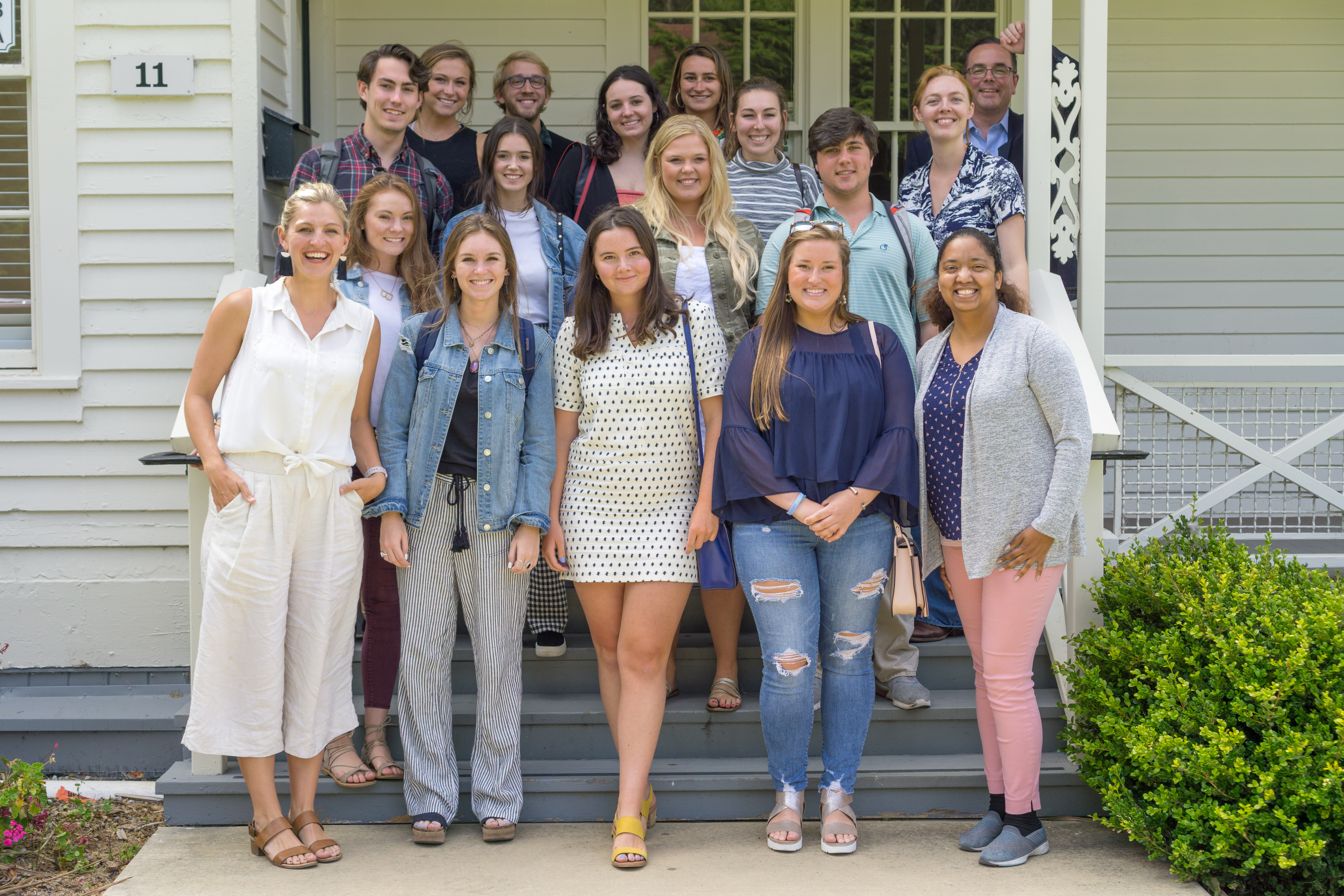
* * *
